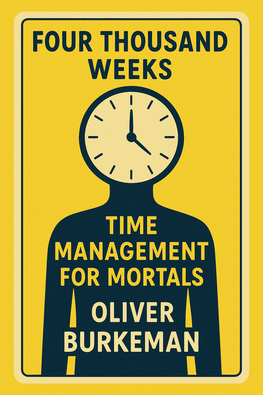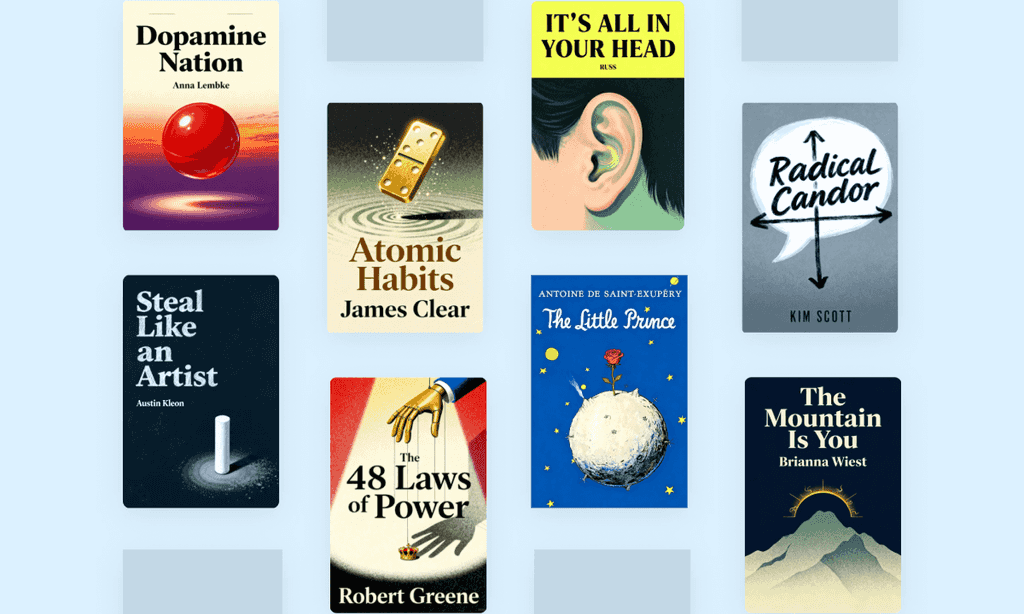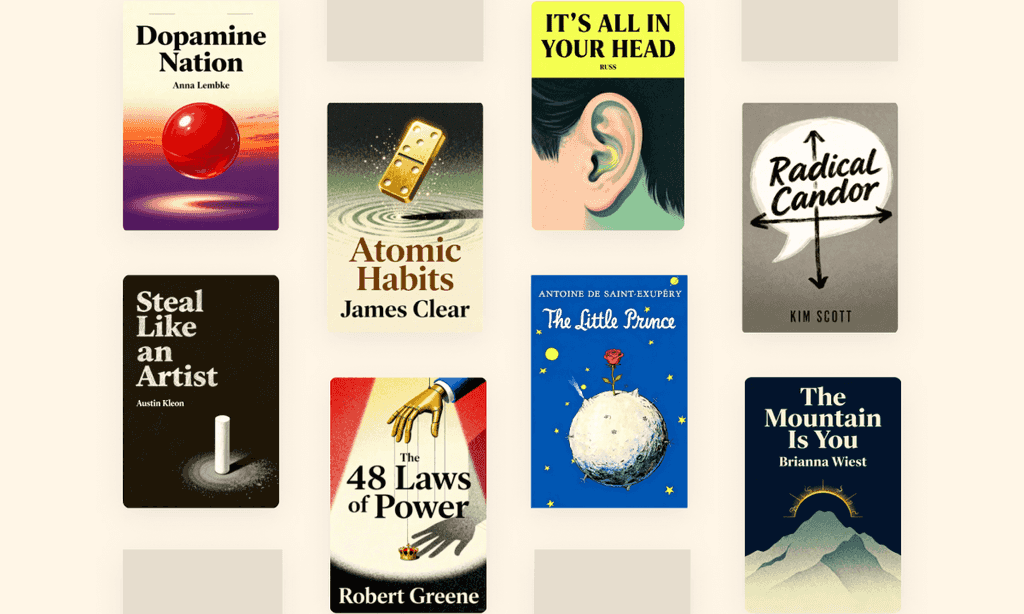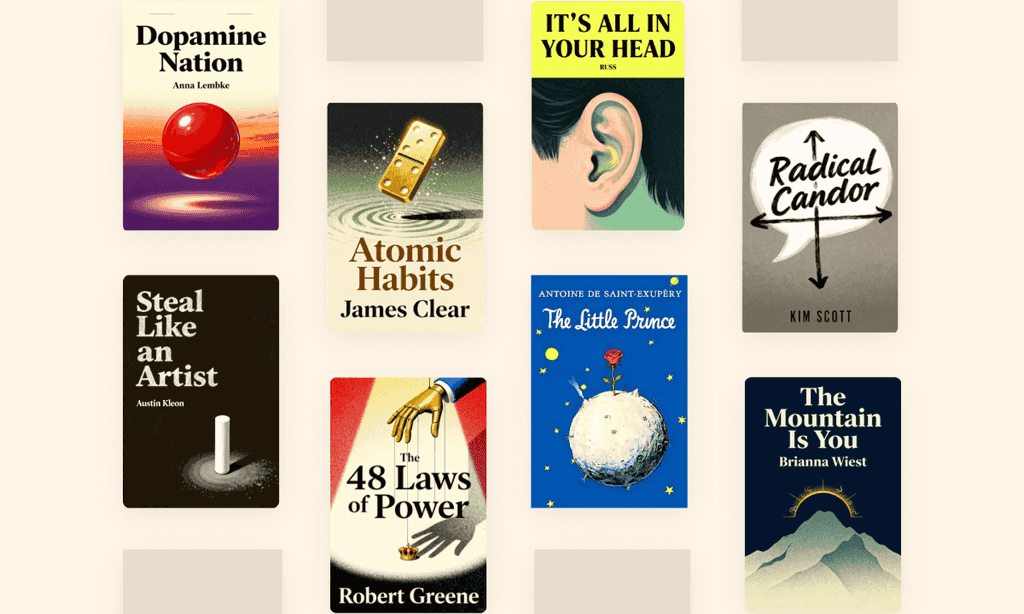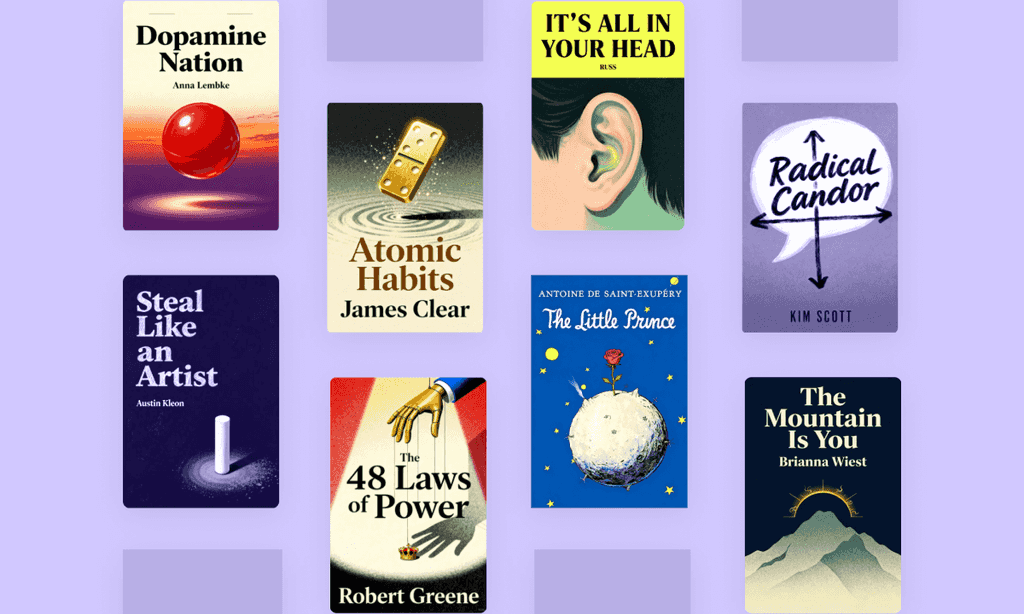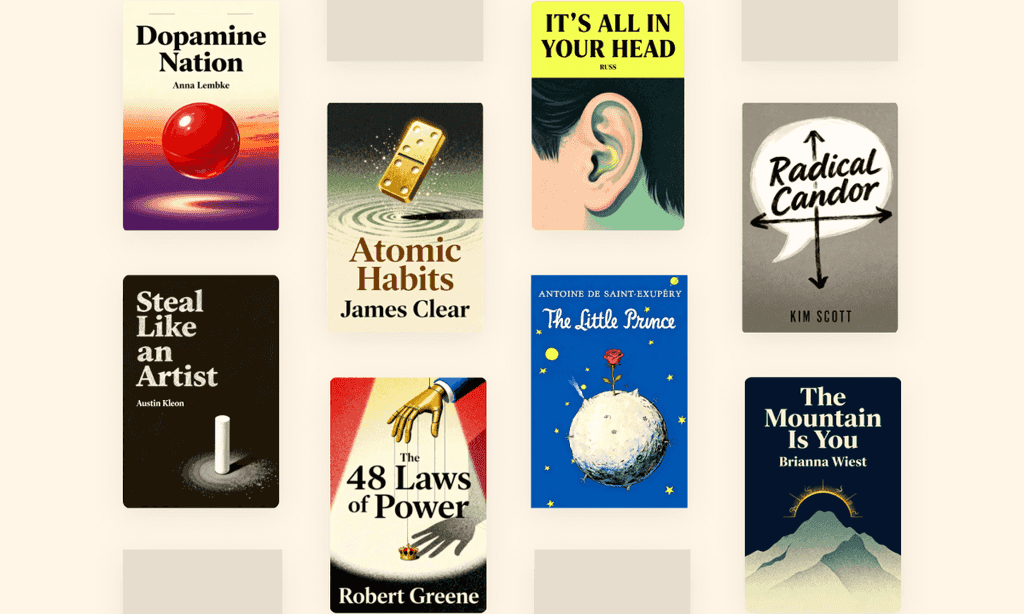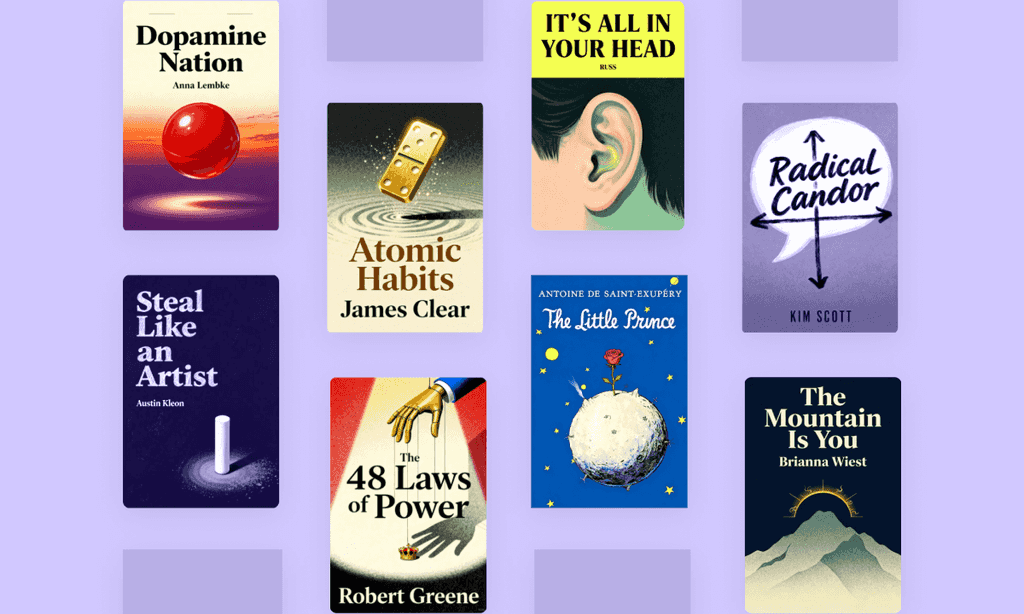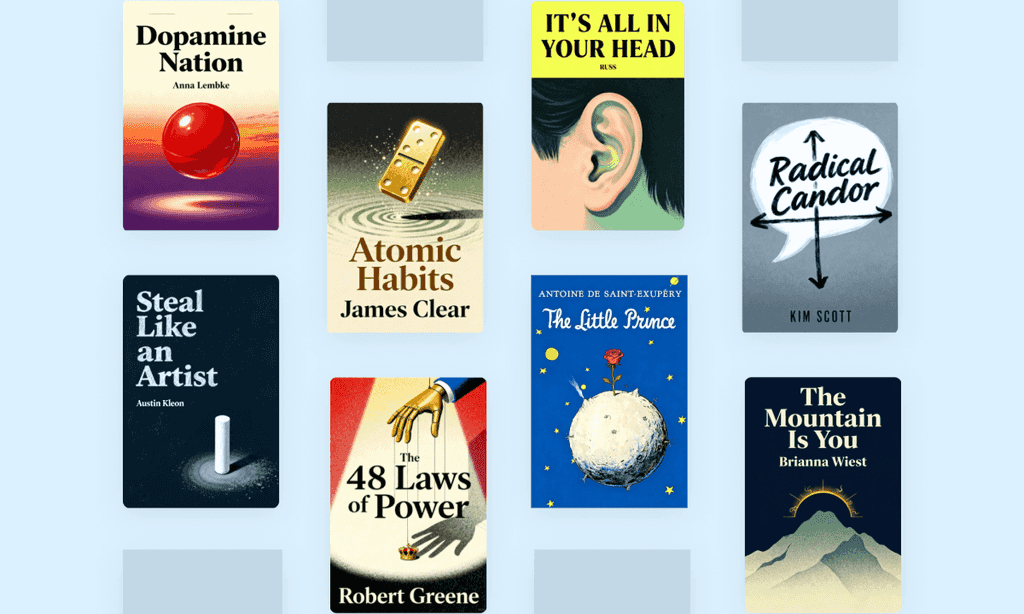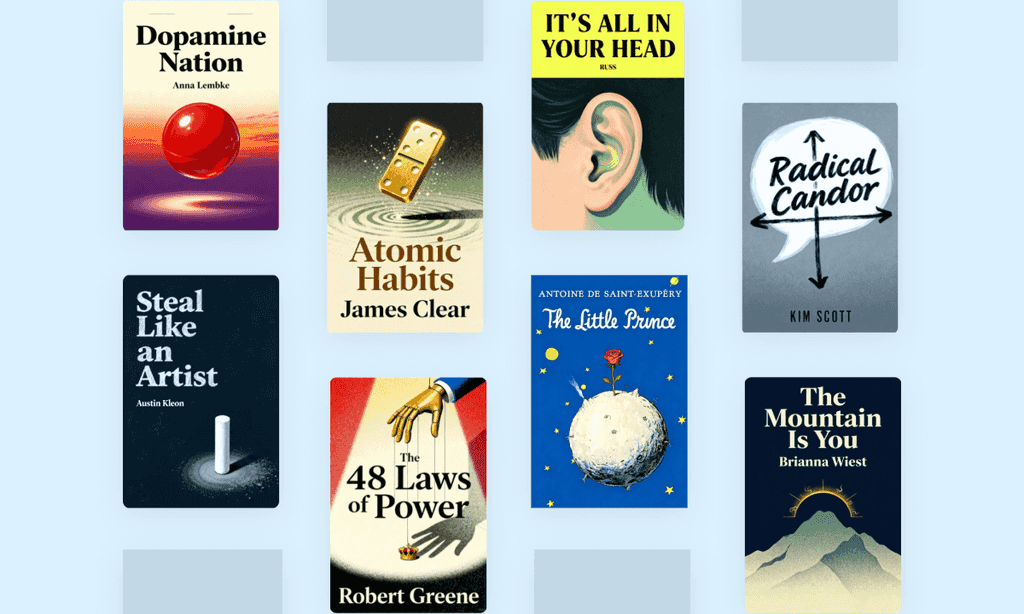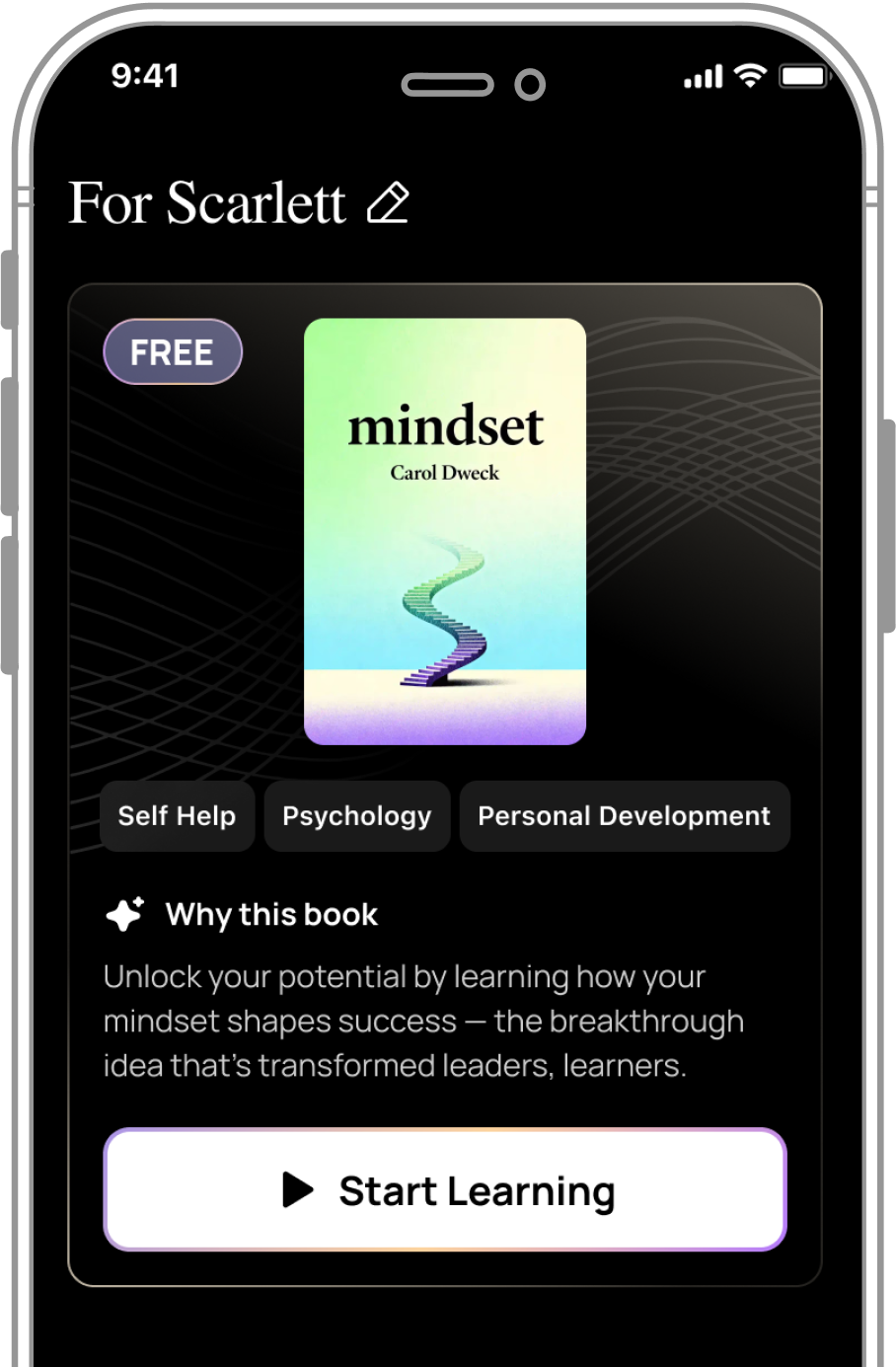Why We're Polarized by Ezra Klein
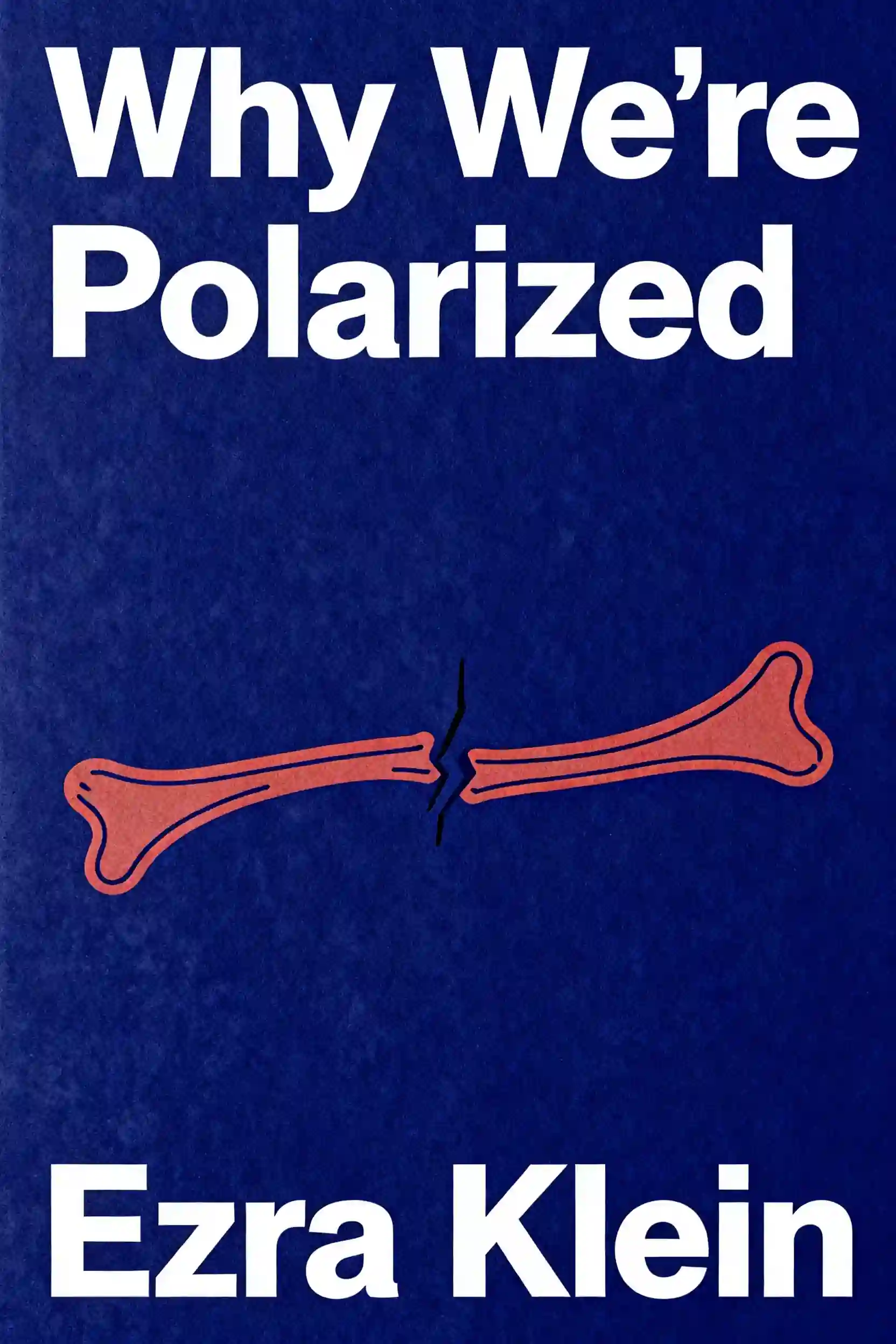
Overview of Why We're Polarized
Klein's masterful analysis of America's tribal politics has captivated both Barack Obama and Bill Gates. Revealing how identity - not issues - drives our divisions, this eye-opening bestseller offers crucial insights into why appealing to someone's identity trumps logic in today's polarized landscape.
About its author - Ezra Klein
Ezra Klein, bestselling author of Why We’re Polarized, is a leading political commentator and media innovator whose work explores the fractures in American democracy.
A co-founder of Vox and former editor of The Washington Post’s Wonkblog, Klein built his career on dissecting policy and politics through explanatory journalism. His book, a penetrating analysis of political polarization, draws from his experience shaping public discourse as a New York Times columnist, podcast host (The Ezra Klein Show), and executive producer of Netflix’s Explained.
Klein’s follow-up collaboration, Abundance (2025), further examines systemic solutions to societal challenges. A frequent voice on MSNBC and Bloomberg, he holds a BA from UCLA and pioneered the “explainer” genre of digital journalism.
Why We’re Polarized became a New York Times bestseller and remains a pivotal text on partisan divides, cited in academic and media circles for its blend of rigorous research and accessible storytelling.
Key Takeaways of Why We're Polarized
- Political polarization stems from identity superseding policy as America’s defining divide.
- The Civil Rights Act triggered party realignment by exposing racial divides in coalitions.
- Negative partisanship drives voter behavior more than support for one’s own party.
- Media algorithms prioritize viral outrage over nuanced policy discussions in polarized America.
- Primary systems incentivize candidates to appeal to extreme ideological bases first.
- Cross-cutting identities like religion could reduce polarization but face structural headwinds.
- Racial anxiety and demographic shifts fuel conservative voters’ sense of threatened status.
- The filibuster and Electoral College amplify minority rule in polarized political systems.
- Political engagement paradoxically increases polarization by deepening identity-driven tribal loyalty.
- Urban-rural divides and geographic sorting create self-reinforcing ideological echo chambers.
- Identity-based polarization makes bipartisan compromise seem like personal betrayal.
- Restructuring Supreme Court term limits could reduce partisan stakes in judicial appointments.



